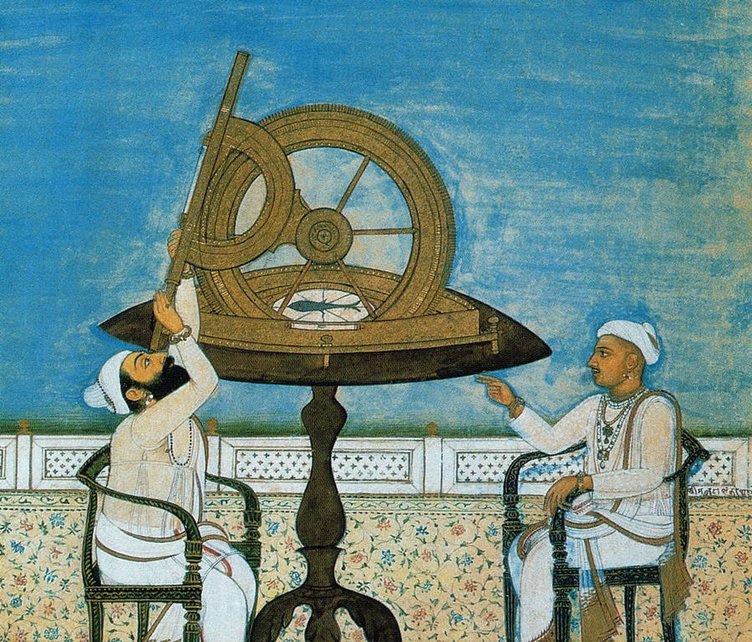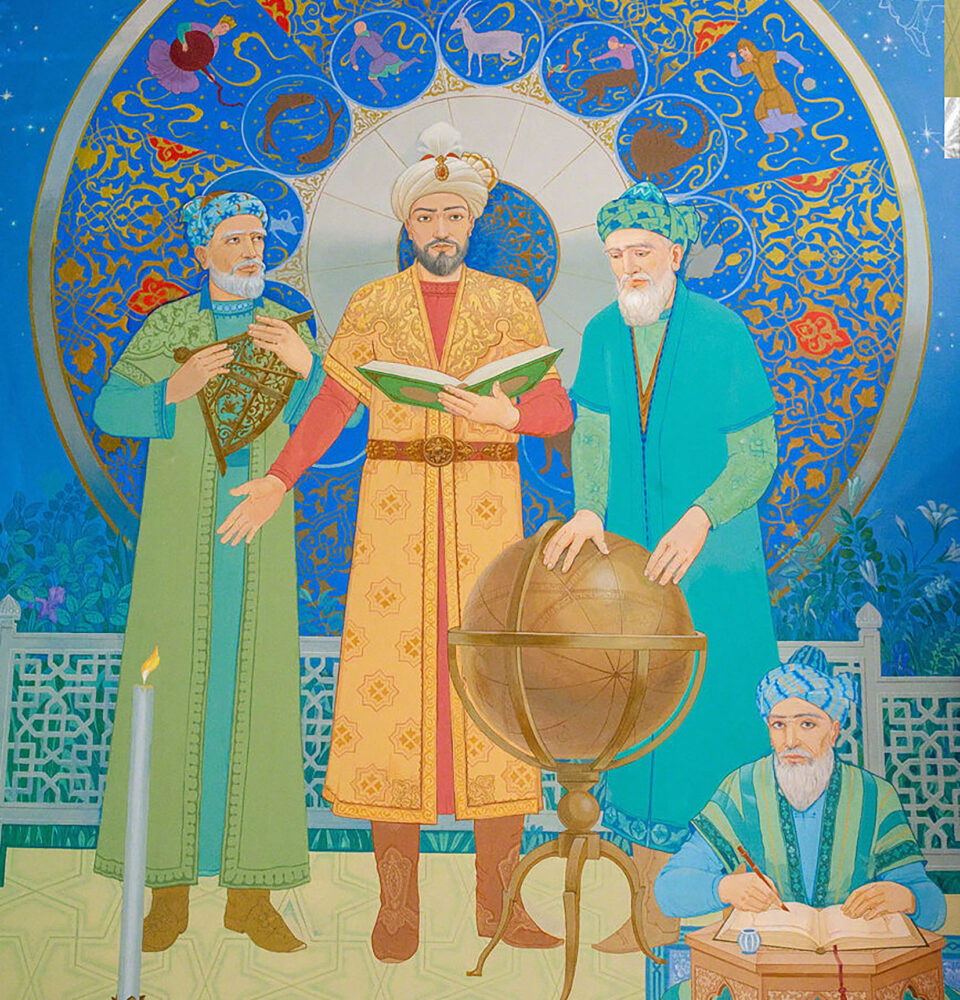Who is Ali Kuşçu ? Ali Kuşçu's Life , His Most Important Books, His Contributions to Science and Mat

Who is Ali Kuşçu?
Ali Kuşçu is important for both the Timurid Empire and the Ottoman Empire because he lived in both empires. Ali Kuşçu, who was born in Samarkand, is the son of an important father. He is the son of Muhammed Bey, the chief falconer of Uluğ Bey, the emir of Turkestan and Transoxiana.
Ali Kuşçu, who received education in Samarkand in the early periods of his life, later took Mathematics and Astronomy lessons from both Kadızade Rumi of Bursa and Ulugh Bey himself.
After completing his education in Kirman, Ali Kuşçu became the director of the observatory founded by Ulugh Beg in 1421, where he contributed to the writing of Ulugh Beg's work called Zic.
Ali Kuşçu, a scholar and intellectual who took many initiatives in the name of science throughout his life, everything he did in the field of linguistics, mathematics and astronomy were works that were far ahead of their time... In addition to all these, Ali Kuşçu, who did not neglect to be interested in poetry, He is a valuable intellectual of the period who deserves to have his name written in history with all his actions.
The tomb of Ali Kuşçu, who died on December 16, 1474, unique to the fifteenth century, is located in the burial area around the Eyüp Sultan Tomb in Istanbul.
Ali Kuşçu's Life
Learning about Ali Kuşçu's life, knowing the conditions in which he was born and raised, and knowing what was happening in the world during this period will make it possible to better understand him and his actions. Ali Kuşçu was born in 1403 in Samarkand. Since he was the son of Muhammad's birdman, the family became famous with the nickname "Birdman".
Ali Kuşçu, who became interested in mathematics and astronomy at a very young age, took lessons from many great scholars (such as Kadızade Rumi, Gıyaseddin Cemşid and Muinuddin Kaşi). Ali Kuşçu, who then went to Kirman to add to his knowledge, wrote the treatise named Hall-ü Eşkâl-i Kamer, that is, Explanation of the Phases of the Moon. He also wrote his work titled Şerh-i Tecrid while he was here.
Ali Kuşçu, who completed his education in the Samarkand and Kirman regions, became Ulugh Beg's assistant and also served as the director of his observatory. Among the information we have is that during his trip to China, where he was sent by Ulugh Beg, he calculated the Earth's surface area and the equator on the way back.
When he wanted to go on a pilgrimage in 1449, Uzun Hasan Bey, the ruler of the Akkoyunlu State in Tabriz, showed him great respect and asked him to initiate peace negotiations with the Ottoman Empire. On top of all this, Ali Kuşçu was Uzun Hasan's spokesman for a while and was the Ottoman Sultan II. He made a trip to Istanbul with the special invitation of Mehmed.
Ali Kuşçu was such a great name that Fatih Sultan Mehmet was welcomed with a great ceremony by the order of Fatih Sultan Mehmed at the Ottoman - Akkoyunlu border and was appointed as the Muderris of Sahn-ı Seman Madrasa by Fatih Sultan Mehmed himself.
He became famous for the works he created for the rest of his life, which would leave his name in history. He died in Istanbul on December 16, 1474.
Ali Kuşçu's Works
When it comes to Ali Kuşçu's works, he has so many works that they can be listed in a very long way. Among these, the two most important works are among the works that are generally discussed when Ali Kuşçu is mentioned.
The first of these two works is the astronomy book called Fethiyye, written during the Battle of Otlukbeli and presented to Mehmed the Conqueror. In the first part of his three-part work, Ali Kuşçu deals with the spheres of the planets and also conveys the movements of the planets. In the second part of the work, both the shape of the earth and its seven climates are discussed. Then, in the last chapter, while information about the measurements of the earth is given, the distances of the planets to each other are also mentioned.
Another very important work of Ali Kuşçu is the mathematics book called Muhammediye, which he personally gave to Mehmed the Conqueror and wrote on his behalf.

Ali Kuşçu's Contributions to Science
Ali Kuşçu's Contributions to Mathematics and his contributions to science are extremely important. He made a great contribution to the scientific advancement of the Ottoman Empire due to his contributions to mathematics and astronomy. In addition to his contributions to science and mathematics, Ali Kuşçu also enabled the next generation to produce science.
Ali Kuşçu, by carrying out studies in the fields of astronomy, mathematics and linguistics, brought great importance to the science of the period and the entire history of science and enabled it to make progress.
































